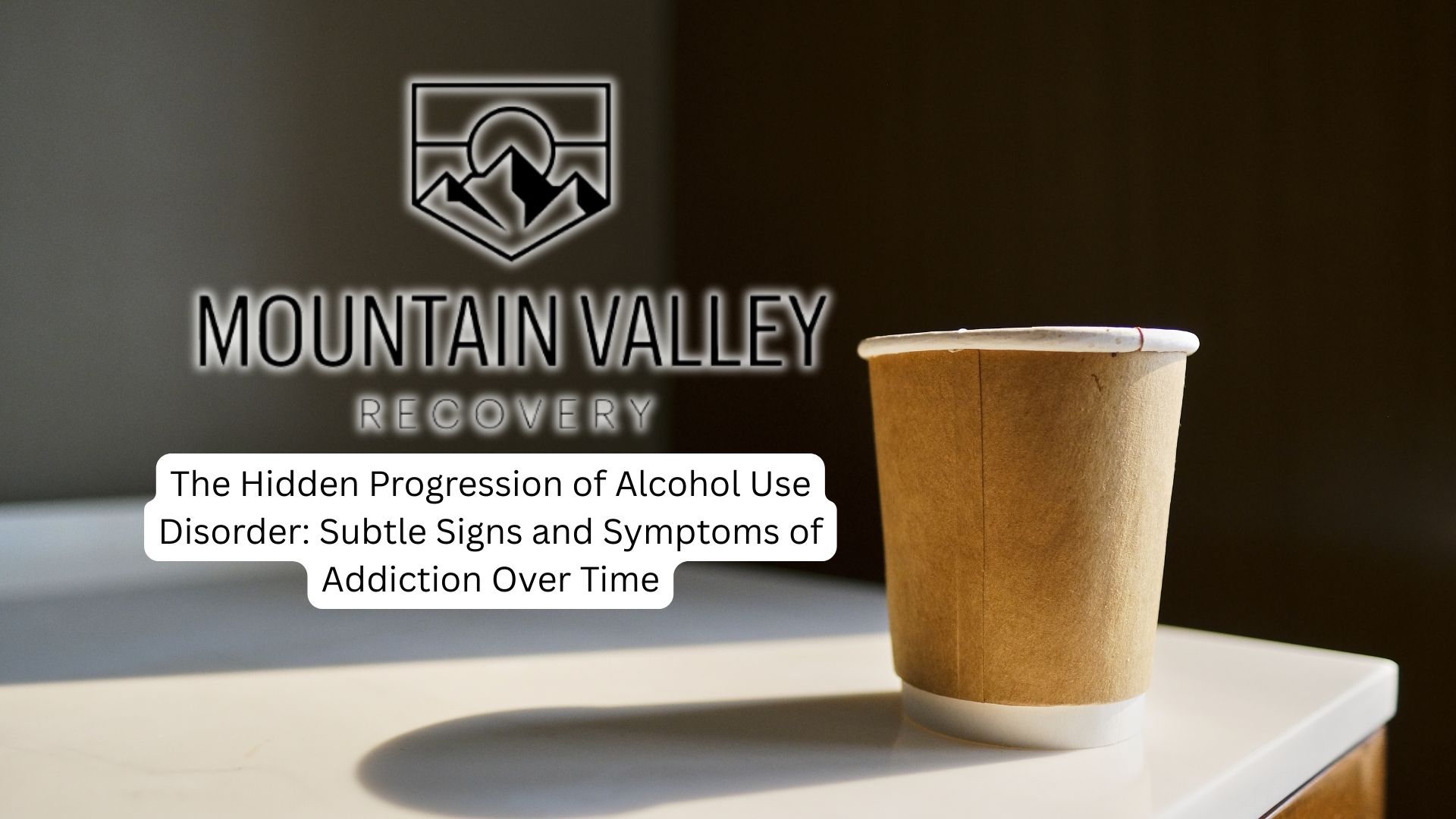Inpatient addiction treatment provides a vital lifeline for many people battling substance use disorders, offering intensive care and support in a structured setting. The range of inpatient treatment options is more extensive than ever, from traditional rehabilitation centers to specialized facilities tailored to specific populations.
In this article, we’ll delve into the various types of inpatient addiction treatment available today, examining their unique characteristics, methodologies, and potential advantages.
Residential Treatment Programs
When you’re seeking intensive addiction or mental health treatment, residential programs offer a structured environment where you can focus on your recovery. You’ll live at the treatment facility, which allows for 24-hour supervision and support throughout your journey. The length of stay in residential treatment varies, usually spanning from a few weeks to several months, depending on the severity of your condition and progress.
During your time in a residential program, you’ll engage in a combination of individual therapy, group counseling, and educational sessions designed to address the underlying issues contributing to your substance use or mental health disorder.
The residential setting fosters a sense of community among residents, enhancing motivation and support for recovery. You’ll have access to medical professionals and therapists on-site, ensuring continuous care, including medication management and crisis intervention when needed.
Residential treatment programs provide a comprehensive approach to recovery, empowering men to build a strong foundation for lasting change and well-being.
Traditional Inpatient Rehab
While attending a traditional inpatient rehab you’ll reside in a treatment facility for 30-90 days, receiving comprehensive care in a structured environment. This type of inpatient rehab offers 24/7 medical supervision, ensuring your safety and well-being throughout the recovery process.
During your stay, you’ll engage in individualized treatment plans that combine individual therapy, group therapy, and medication management to address your specific needs. The inpatient setting minimizes distractions and triggers, allowing you to focus solely on your recovery journey without outside influences.
Specialized Inpatient Programs
These programs are designed to address specific needs, such as dual diagnosis for those dealing with both mental health and substance use disorders. They provide an integrated treatment approach that combines individual therapy, group counseling, and medication management tailored to each patient’s diagnoses.
Many specialized inpatient programs focus on particular populations, like adolescents, women, or veterans, acknowledging their unique experiences and challenges. They often incorporate evidence-based practices and therapeutic modalities, such as cognitive-behavioral therapy (CBT) and dialectical behavior therapy (DBT), to enhance treatment effectiveness.
Some programs may also include therapeutic communities or trauma-informed care, creating a safe environment for healing and recovery.

Dual Diagnosis Inpatient Treatment
Dual diagnosis inpatient treatment offers a lifeline for those struggling with the complex interplay of mental health disorders and substance use issues.
Upon admission, you’ll undergo a thorough assessment to develop a personalized care plan tailored to your unique needs, ensuring that your mental health conditions and substance use disorder are treated concurrently.
Throughout your stay, you’ll benefit from constant medical supervision and medication management to stabilize your mental health while focusing on addiction recovery. You’ll participate in group therapy sessions, where you’ll find solace in shared experiences and build a strong foundation for lasting recovery.
Faith-Based Inpatient Programs
When you choose a faith-based inpatient program, you’ll find that prayer, scripture study, and worship services are integral parts of your daily routine, reinforcing your spiritual growth alongside your recovery efforts.
You’ll also benefit from a supportive community of like-minded individuals, fostering accountability and long-term relationships essential for sustained sobriety.
Faith-based inpatient programs emphasize the importance of service to others, encouraging you to contribute to your community as part of your healing process. By integrating your faith with proven treatment methods, these programs provide a holistic approach to recovery, addressing not only your physical and mental well-being but also your spiritual needs.
You can learn more about the role and significance of faith in addiction recovery here.
Final Thoughts from Mountain Valley Recovery
Mountain Valley Recovery, situated in Holden, Utah, provides a comprehensive inpatient addiction treatment program tailored specifically for men struggling with addiction, including painkiller dependence. The facility’s specialized approach integrates evidence-based therapies, medical supervision, and a supportive environment to tackle the intricate nature of opioid addiction. Our program addresses both the physical and psychological aspects of recovery, equipping clients with the necessary tools and strategies to overcome their dependence on these highly addictive substances.





